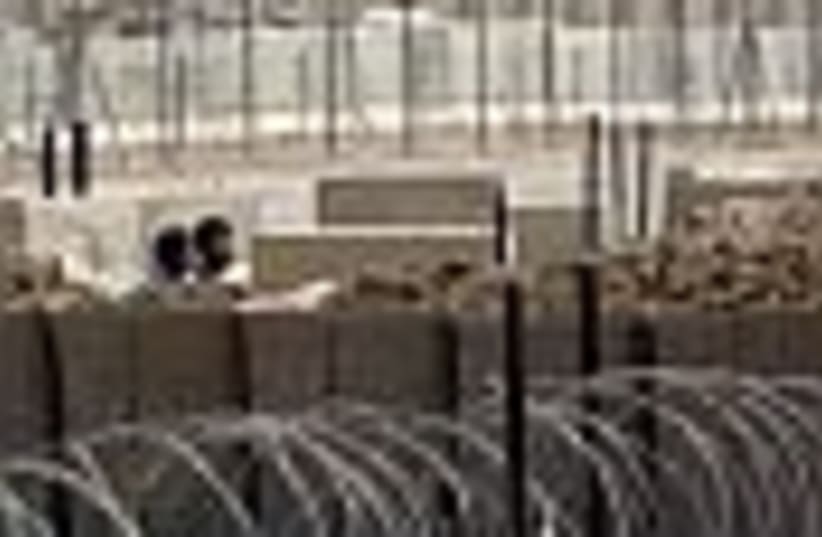| More about: | Poland, Condoleezza Rice, Europe, Council of Europe |
Investigator says Poland was main CIA center in Europe
Group calls findings preliminary, cautions that it is too early to draw conclusions.


| More about: | Poland, Condoleezza Rice, Europe, Council of Europe |